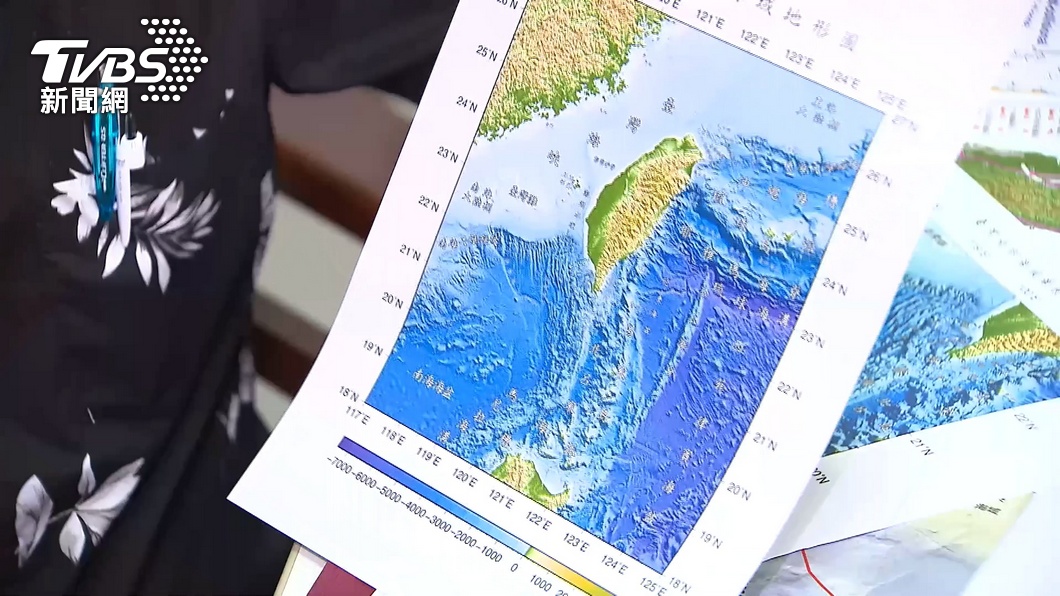TAIPEI (TVBS News) — The Central Weather Administration (CWA) has debunked online rumors suggesting that earthquakes are causing Taiwan to drift further away from China. In fact, Taiwan is moving closer to China at a rate of 4 to 8 centimeters per year, the CWA clarified.
The rumors began circulating after a major earthquake on April 3, prompting discussions about the quake's impact on the nation's geographical changes. Some online users, citing a 2022 CWA report that showed seismic monitoring from 2009 to 2018, claimed that Taiwan's western region was moving eastward, leading to the conclusion that the island was distancing itself from China.
However, the CWA has refuted these claims, explaining that the actual movement should be measured using a relative velocity field diagram, which takes into account the relative movement of tectonic plates.
Taiwan is located at the junction of the Eurasian continental plate and the highly active Philippine Sea plate. The CWA's relative velocity field diagram shows that the southwestern part of Taiwan is moving southwest at a rate of 4 to 5 centimeters per year, while the eastern part is moving westward. Orchid Island, the furthest point to the east, is moving northwest at a rate of 7 to 8 centimeters per year. This means that Taiwan as a whole is gradually moving closer to China.
Tsai Min-chien, a technician at the CWA Seismological Center, emphasized that the "relative velocity" of the tectonic plates should be observed for accurate measurements. With the Philippine Sea plate moving northwest at an active rate of 7 to 8 centimeters per year, Taiwan is indeed getting closer to the edge of China.
Wu Yih-min, a professor of geology at National Taiwan University, added that most of Taiwan is actually on the Eurasian continental plate, and the relative movement between this part of Taiwan and China is minimal.



